Notebook
-
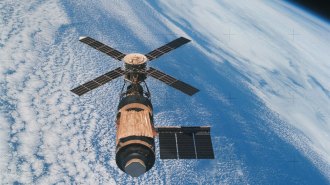 Space
Space50 years ago, NASA prepared to launch America’s first space station
In 1970, NASA was building Skylab. The orbiting laboratory led to many scientific firsts but was plagued by technical difficulties.
-
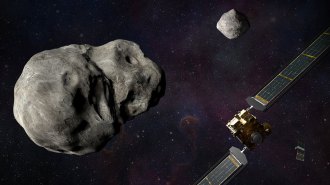 Planetary Science
Planetary ScienceAn asteroid’s moon got a name so NASA can bump it off its course
A tiny moon orbiting an asteroid finally got a name because NASA plans to crash a spacecraft into it.
-
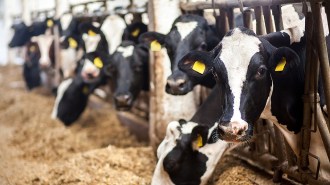
50 years ago, scientists first investigated antibiotic resistance in livestock
In 1970, scientists began investigating the effects of feeding antibiotics to livestock. 50 years later, we know it can be harmful for humans.
-
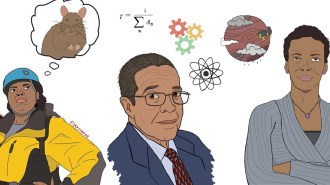 Science & Society
Science & SocietyReal-life scientists inspire these comic book superheroes
Three scientists are publishing comics casting researchers as heroes, and hope the cartoon format and pared-down storyline can boost science literacy.
By Kyle Plantz -
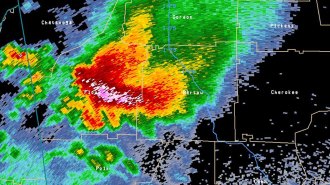 Earth
Earth50 years ago, scientists were getting a better glimpse inside storms
In 1970, experts were harnessing technologies that provided a three-dimensional picture of the inside of a storm.
-
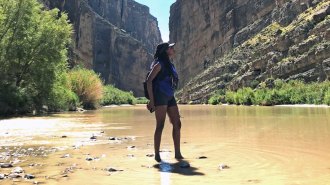 Science & Society
Science & SocietyA #BlackBirdersWeek cofounder aims to amplify black nature enthusiasts
Wildlife biologist Danielle Belleny hopes the social media campaign represents black birders and nature enthusiasts of color in a hobby often stereotyped as white.
-
 Physics
PhysicsA new device can produce electricity using shadows
Even under low light, this new technology exploits the contrast between light and shade to produce a current that can power small electronics.
-
 Health & Medicine
Health & MedicineInfecting people with COVID-19 could speed vaccine trials. Is it worth it?
To accelerate vaccine development, some experts argue we should purposefully infect volunteers with the coronavirus. Others warn of the risks.
-
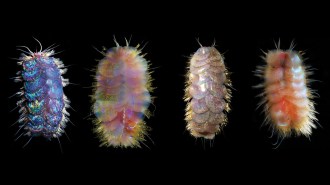 Animals
AnimalsNew species of scaly, deep-sea worms named after Elvis have been found
A genetic analysis sheds new light on funky scale worms with glittery, scales reminiscent of sequins on the “The King’s” iconic jumpsuits.
-
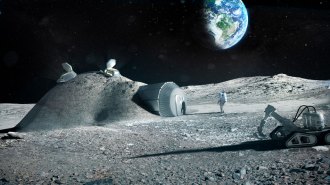 Chemistry
ChemistryAstronauts may be able to make cement using their own pee
Lunar dust and a compound found in urine could be used to build future dwellings on the moon, a new study finds.
-
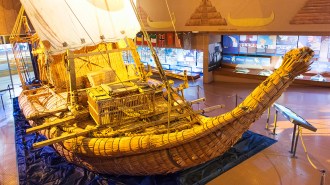 Archaeology
Archaeology50 years ago, explorer Thor Heyerdahl’s Atlantic crossing hit a snag
Explorer Thor Heyerdahl followed an aborted Atlantic voyage with a second trip that indicated ancient Egyptians could have traveled over long distances by sea.
By Bruce Bower -
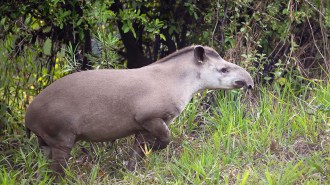 Ecosystems
EcosystemsTapirs may be key to reviving the Amazon. All they need to do is poop
Brazilian ecologist Lucas Paolucci is collecting tapir dung to understand how the piglike mammals may help restore degraded rain forests.